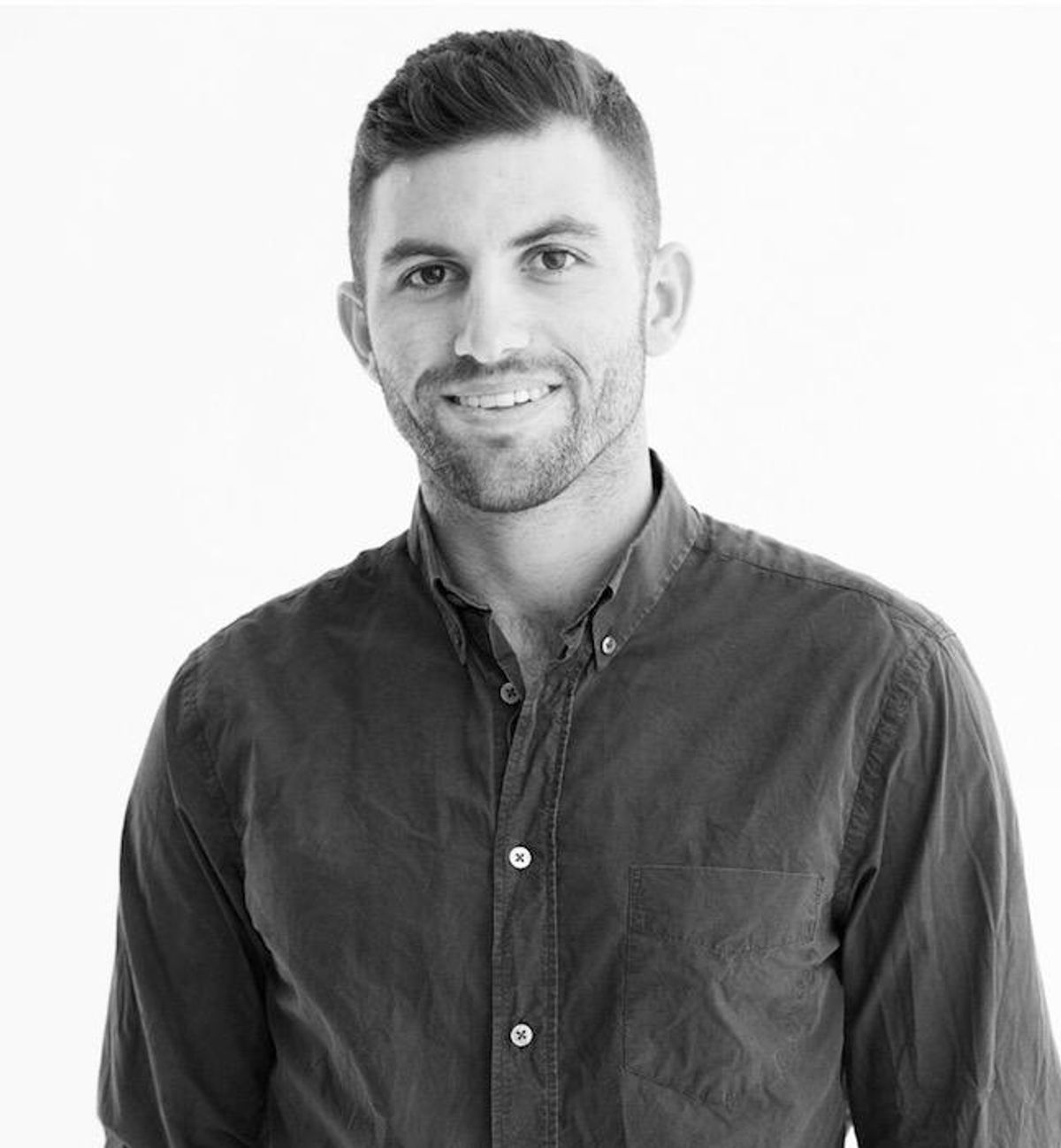News & Opinion
This New York Therapy Group is Helping Gay Men Kick the Apps

With "Grindr'ed Down," mental health counselor Nick Fager is coaching men to not just hook up, but actually connect.
April 20 2017 11:37 AM EST
May 31 2023 6:34 PM EST
By continuing to use our site, you agree to our Private Policy and Terms of Use.

With "Grindr'ed Down," mental health counselor Nick Fager is coaching men to not just hook up, but actually connect.
Last summer, Nick Fager was sitting in the New York gay bar Julius with a friend who'd lived in the city for 20 years. At one point, the friend said, "We all have 1,000 friends that we kiss on the cheek and greet around town; 1,000 more that we chat or sleep with on Grindr; 3,000 Facebook friends we don't even know; and thousands of Instagram followers who like our selfies. But we're lucky if we have three friends we can call when something real is happening, and beyond lucky to have one guy to call our own." Fager wanted to object, but he couldn't. The mental health counselor, who serves as the LGBTQ coordinator at the Kull Initiative for Psychotherapy (KIP) in Manhattan's upper west side, didn't just personally identify with his friend's concerns--he'd heard similar things from virtually all of his clients.
"They wanted to connect with other men, and have close gay friends or a boyfriend, and it just wasn't happening," Fager says. "I kept finding myself in this dilemma as a therapist: Was it better for me to instill hope, or to help them lower their expectations?"
The following October, Fager--whose own self-help-themed Instagram account, @gaytherapy, has significantly grown his client base--formed Grindr'ed Down, a KIP-based therapy group specifically tailored to gay men seeking intimacy beyond apps and struggling to maintain friendships and relationships. "It's for people who are recognizing that apps are not fulfilling them, yet are having a really hard time changing themselves," Fager says. "Whether it's Napster or Netflix, there's always been some easy alternative to solve our problems for us. We've become so good at avoiding minor discomfort that we're unable to just sit with it, but we need to sit with it so it can guide us toward growth."
And that's what Grindr'ed Down challenges its participants to do. Currently consisting of three separate sets of roughly eight men who meet once a week, the initiative is essentially a microcosmic, drawn-out icebreaker for real-world rapports, and it aims to combat the emotional isolation that Fager thinks is unique to the queer community. "Generally speaking, most minorities have had people around them to prepare them for the discrimination they're going to face," he says. "We typically don't have that. We tend to keep everything inside and figure everything out ourselves, and that's really bad for mental and medical health." Fager's group fosters the social vulnerability gay men have trained themselves to suppress, and each group is allotted a span of 16 weeks--because it can take that long just to chip away at boundaries.
Fager initially facilitates a lot of sharing, since anxiety levels are so high. He'll ask men to respond to other men's feelings before they feel confident enough to do it themselves. He'll then institute mindfulness activities and intimacy exercises, like having two men stare into each other's eyes for a full minute.
He'll also encourage each group member to share something personal, while another man "holds space," as Fager describes it, simply being there to show his peer that he's heard and supported.
Each week, as they grow more comfortable implementing what they've learned, clients are urged to discuss the friendships they may have built outside the group, as well as the dates and/or sex they may have had. (Although the goal is to reduce usage, complete app abstinence is not a group requirement.) And Fager, whose next set of Grindr'ed Down sessions begins in May, is seeing results.
"There's real progress," he says. "And you don't mark progress by how little they're using the apps, but by how meaningful and satisfying their relationships are. You see people stepping outside their comfort zones a lot more once they're in the group. There's this concept of secure attachment, where if you feel safe in one setting with one relationship, it gives you the courage to journey out. It's like having a good parent--you feel safe with them and then you feel confident to explore the world, because you know you have that secure base to return to."
Like what you see here? Subscribe and be the first to receive the latest issue of Out. Subscribe to print here and receive a complimentary digital subscription.